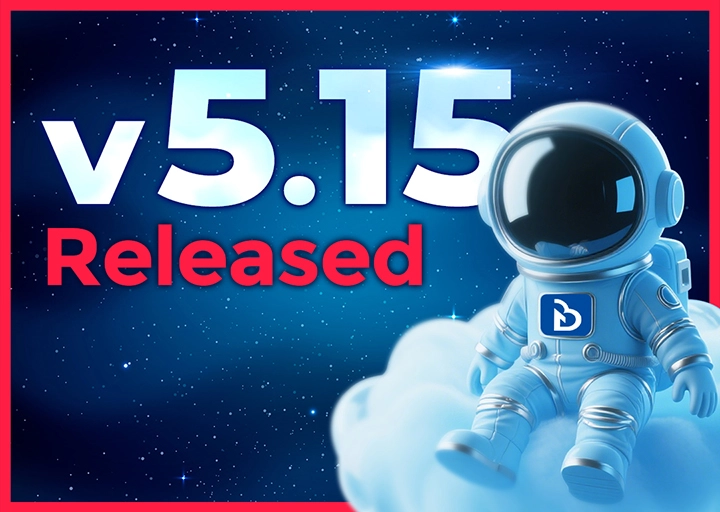
Product release: CloudBacko Pro, CloudBacko Lite, and CloudBacko Home v5.15 now available!
We are pleased to announce the official release of CloudBacko v5.15 which now supports:
- Microsoft Exchange 2019 CU15
- Microsoft SQL 2022 CU18
- MariaDB 11.8
- MySQL 9.2
- macOS 15.4 (Sequioa)
- MySQL database restore without staging (direct streaming to the restore location)
- Enhanced UI for MySQL, MariaDB, and PostgreSQL backup sets located on cloud platform
Click here to view the full release notes.